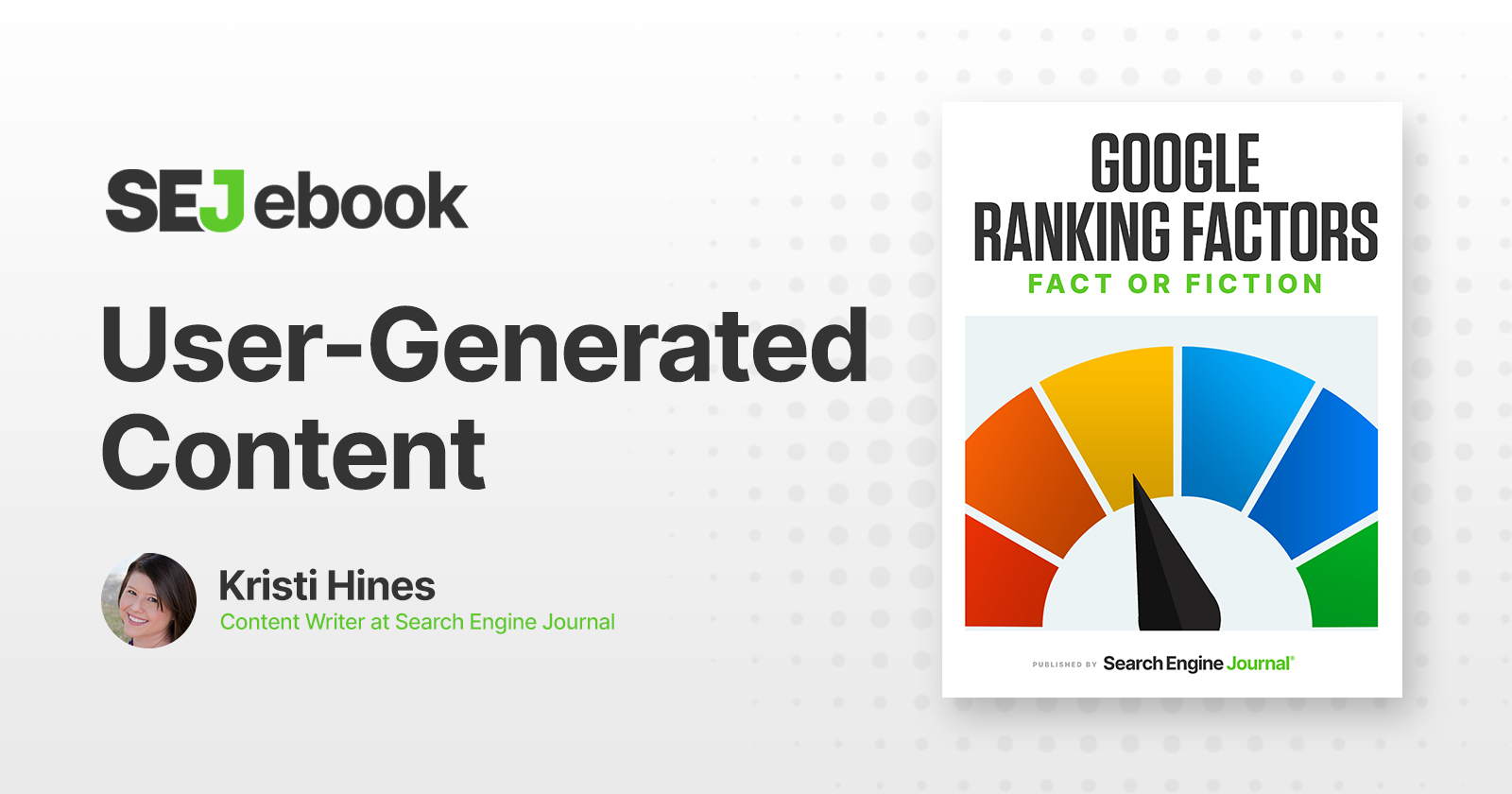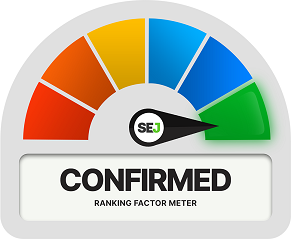Is User-Generated Content (UGC) A Google Ranking Factor? via @sejournal, @kristileilani
Can UGC affect your organic search rankings? Read on to learn whether there is any connection between user-generated content and improved Google rankings. The post Is User-Generated Content (UGC) A Google Ranking Factor? appeared first on Search Engine Journal.

User-generated content (UGC) can help boost the content value on a page by adding new perspectives and engaging information for other readers – and at no cost to the content creator.
Common types of UGC used to increase word count include tagged content from social media, blog comments, ratings and reviews, and forum posts.
But can UGC affect your organic search rankings?
Read on to learn whether there is any connection between user-generated content and improved Google rankings.
The Claim: User-Generated Content Is A Ranking Factor
What is user-generated content?
UGC can be text, images, video, or some other form of content (e.g., blog comments, forum posts, product reviews) that has been created for a brand, business, or publication by someone not associated with that company.
You can use UGC to create engagement or excitement around your brand/website, enhance your content, and even help your SEO efforts.
Just think of Amazon and how much reviews have helped contribute to its rise and continued dominance.
But is it actually a Google ranking factor?
The Evidence For User-Generated Content As A Ranking Factor
Google addresses user-generated spam in the Google Search Central Advanced SEO documentation:
“Sometimes, spam can be generated on a good site by malicious users. This spam is usually generated on sites that allow users to create new pages or otherwise add content to the site.”
Not all sites will be negatively impacted.
“However, if your site has too much user-generated spam on it, that can affect our assessment of the site, which may eventually result in us taking manual action on the whole site.”
Google goes on to give specific advice on how to prevent comment spam. In regards to rankings and comment spam, we see:
“Low-quality content on some parts of a website can impact the whole site’s rankings.”
And:
“Google might remove or demote pages overrun with user-generated spam to protect the quality of our search results.”
In 2020, John Mueller, Google Search Advocate, answered a question about how Google ranks user-generated content pages by relevancy and quality:
“User-generated content can take lots of forms, from comments on the bottom of your pages to discussion between users to complete pages written by users.
Overall, Google doesn’t differentiate between content you wrote and content your users wrote. If you publish it on your site, we’ll see it as the content that you want to have published, and that’s what we’ll use for rankings.”
He added that,
“…if you have a large amount of user-generated content, make sure it meets your standards for publishing content on your website.”
With regards to links in user-generated content:
“…by default, you probably can’t vouch for the links that were added. For these, we have a way of telling us that these links are user-generated content with the rel=“ugc” link attribute.”
In 2021, Google released a presentation on UGC for AdSense publishers. They describe comments as:
“…a great way for site owners to build community and readership and because of that, comment sections are often used by spammers who run automated programs that post spam to abuse them [the comments].”
Again, they say that Google can’t differentiate between your content and UGC.
If you don’t ensure that user-generated content meets your publishing standards, “…spam comments on a page can impact your site’s rankings.”
User-Generated Content As A Ranking Factor: Our Verdict

We know, from Mueller, that Google doesn’t differentiate between content you wrote and content your users wrote. And we already knew that content is a ranking factor.
Therefore, user-generated content is a confirmed ranking factor.
Unfortunately, it can also have a negative impact on your rankings well, in regards to UGC spam.
Therefore, create publishing guidelines that encourage users to submit quality content – and always stay on top of your site’s user-generated content moderation.
Featured Image: Robin Biong/Search Engine Journal

 Tfoso
Tfoso 































